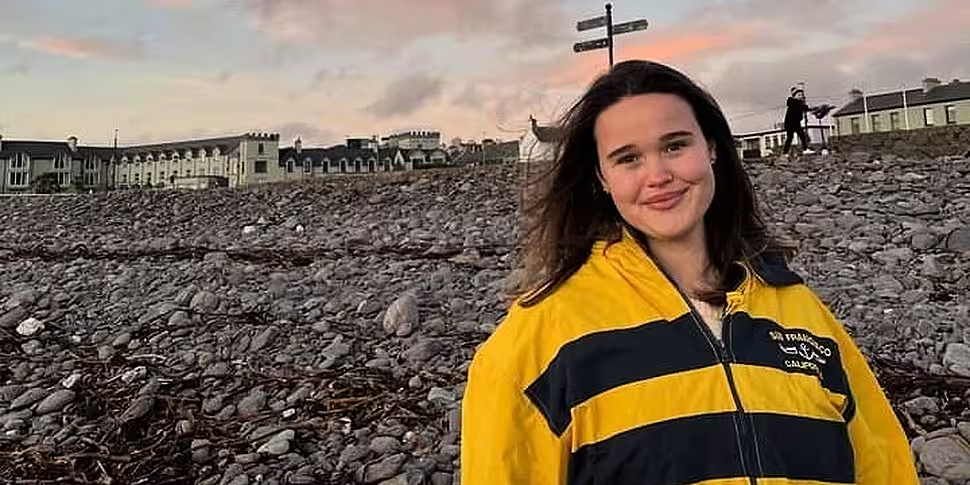A woman with Premature Ovarian Insufficiency has said she thought she was the “only girl in Ireland to get the menopause at 13.”
Now 26, Isabelle Geraghty got her first period when she was in secondary school and remembers feeling “so excited”.
Just six months later that they suddenly stopped.
“I think I went a few months without saying anything and then eventually I felt, ‘There’s something not right,’” she told Lunchtime Live.
“It felt really abnormal that it wasn’t working.”
Ms Geraghty approached her mother and a doctor’s appointment was booked.
It was the start of a “strange time” in which numerous tests were run, each of which eliminated a possible cause.
“They test you for everything else first and eventually when it came back with no real conclusion,” she said.
“They just told me that my ovaries weren't working, they never actually used the word ‘menopause’ with me - that’s something I’ve learned more recently as well.
“They told me… I would not be able to have children naturally and it would cause some health issues if I don’t look after it and to always check back in with them.
“It’s more than you can comprehend at that age.”
Impact of Premature Ovarian Insufficiency
Learning she had early menopause, or Premature Ovarian Insufficiency, was a “really difficult thing” for Ms Geraghty to process; she had always wanted to be a mother and learning she was infertile was hugely upsetting.
“My mom was even sadder than I was at the time,” she said.
“Now that I know more about it, there’s so much more to it in terms of your heart, your bone health, your brain health, all these hormones your body needs to be getting and expecting.
“When you’re just not getting them, you really need to monitor it and make sure you’re getting them.
“So, I’m on hormone replacement therapy now, which has been a huge help.”
There is no cure for Premature Ovarian Insufficiency and the US National Library of Medicine estimates it impacts roughly 1% of women under 40.
“It’s only looking back at it all [that] I’m realising the emotional side effects that I would have got,” Ms Geraghty said.
“I would have got anxiety and panic attacks and depression and all sorts of mental problems.
“That was the biggest thing but at the time [I thought it was just] being a teenager.
“In retrospect, there’s a huge link between mental health issues and hormonal issues.
“Apart from that, I just didn’t have a period and always felt a bit left out.”
Support
At the time, Ms Geraghty decided not to tell her friends and it is only recently that she decided to talk openly about the diagnosis.
“For 10 years, I was just so embarrassed and ashamed about it,” she said.
“Which is really sad looking back… I thought I was honestly the only girl in Ireland to get something so young.”
This year, she got in touch with the Daisy Network - a group that supports women with Premature Ovarian Insufficiency.
The group meets monthly on Zoom and Ms Geraghty said she has found opening up to other women with the condition very “emotional”.
“Honestly, it changed my life,” she said.
“They’re so amazing.”
You can listen back here:









